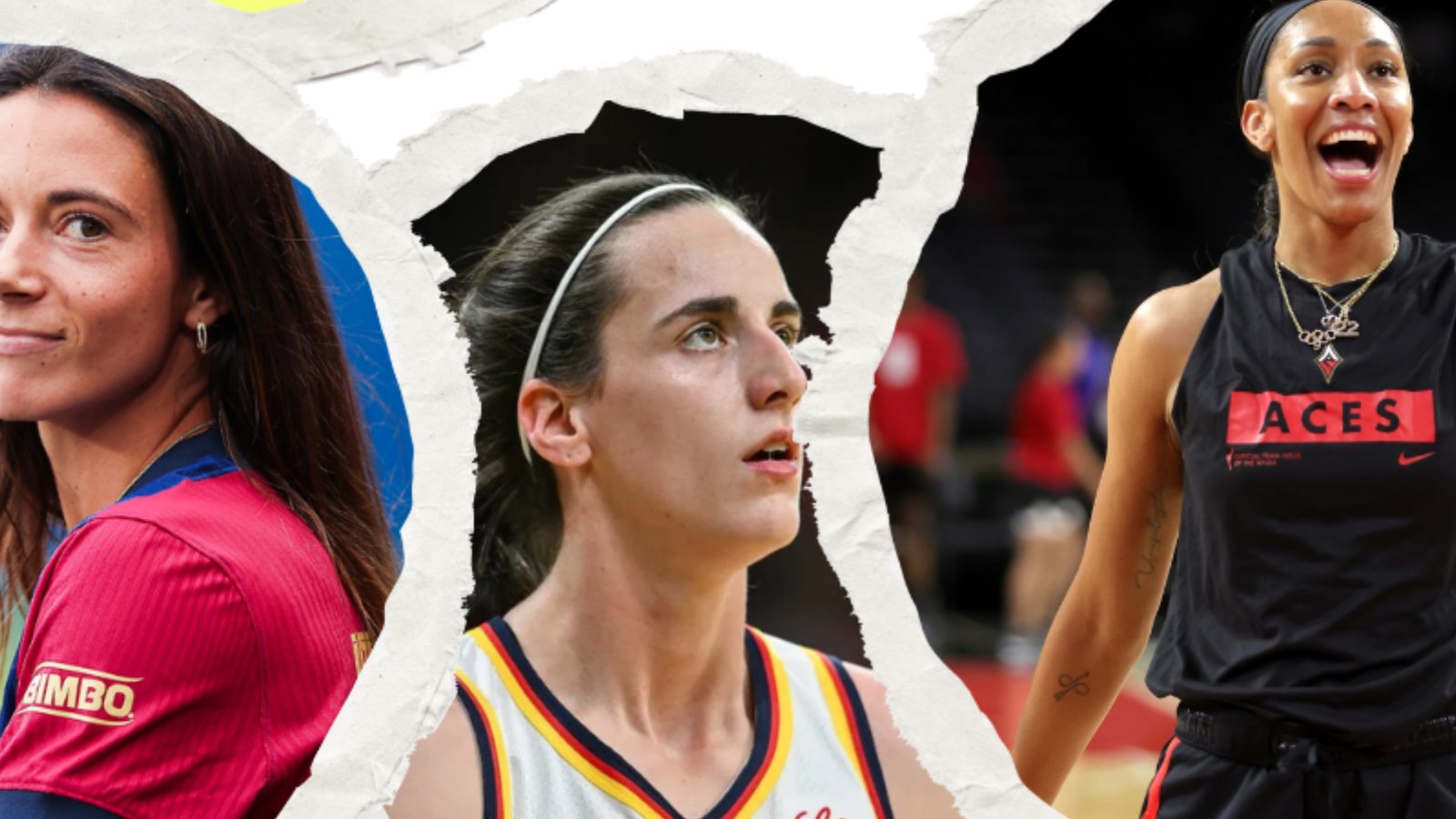Raising awareness for female empowerment in this industry
In recent years, the terms equality and inclusion have become buzzwords in sports, and these words do need to be promoted because women’s sports deserve the recognition that they are getting. The rise of feminism has made a lot of men feel uncomfortable as they think females would lose their femininity if they dominate the sports industry, but it is time to give female sports their flowers. The women’s World Cup has received good publicity from all media outlets, even with the pay inequalities at the start of the World Cup.
The stars of the football World Cup have made themselves heard by using their public platforms to exert their influence on the matter. The Netball World Cup Finals between England and Australia generated a lot of attention, and a lot of viewers tuned in to watch the finals.
The money that has been poured into men’s sport is ridiculous. Premier League midfielders getting sold for over £100 million and basketball players getting $250 million contracts. There needs to be the same capital poured into women’s sports. There needs to be a federation that supports women’s games to earn the same salary as men and get access to infrastructure similar to that of men’s sports.
Watching the women’s football at the UEFA Women’s Euros and WNBA this summer, it is evident that women have mastered the science of the sports, as the technical abilities are the same as those in men’s sports, and this is very fun to watch.
Although some journalists have noted that there are a lot of mistakes in women’s sports, there must be admiration for how far women’s sports have come. Facing adversities and uncertainty with women’s rights in the 1970s to now, playing elite sports. Yes, there might be mistakes made, but these women are showing that they can compete and play the same game with more passion than men’s sports. One thing is that money ruins sports, and there is a possibility that when they get paid more, they might down tools, and then it might not be fun to watch – the mistakes and lack of passion.
What makes paying more attention to women’s sports so important is not just fairness, but the opportunity to change how society values talent, dedication, and resilience. For decades, women athletes have had to fight for opportunities that men take for granted: access to training facilities, sponsorship deals, television coverage, and even basic respect from governing bodies. Every match played and every tournament broadcast today is the result of decades of struggle. To look away now would be to undo progress that has been hard-earned.
Consider the excitement generated by recent women’s tournaments. The 2023 Women’s World Cup became a global spectacle, drawing millions of viewers, breaking attendance records, and sparking conversations about equality on a global scale. Similarly, the Netball World Cup and the UEFA Women’s Euros proved that women’s sports are not niche events; they are global sporting celebrations. By tuning in, supporting, and advocating for these competitions, fans are sending a message to broadcasters and sponsors that women’s sports deserve prime time, not just a corner slot on late-night television.
Critics often focus on technical mistakes or suggest that women’s sports are “slower” or “less physical.” This perspective ignores how sports evolve. Men’s football and basketball in the early 20th century were riddled with errors, a slower pace, and amateur organisation. Over time, with investment and training, they became the polished spectacles we see today. Women’s sports are on the same trajectory, only compressed into a shorter historical timeline. What some call “mistakes” are in fact signs of growth, experimentation, and the raw passion that makes sports compelling.
Furthermore, paying more attention to women’s sports can reshape cultural values. When young girls see athletes like Alexia Putellas, Megan Rapinoe, or Serena Williams dominating their sports, they internalise the message that excellence has no gender. Boys, too, learn to respect women not just as supporters of male athletes but as athletes themselves. This cultural shift can break down stereotypes, reduce sexism in wider society, and inspire generations to see sports as a platform for equality.
The financial argument also cannot be ignored. Men’s sports today are inflated with money to the point where it is difficult to justify. A single football transfer equating to the budget of an entire women’s league shows how distorted the landscape has become. Redirecting even a fraction of that investment could revolutionise women’s sports: better training, bigger tournaments, stronger youth programs, and more global representation.
Finally, paying more attention to women’s sports makes sports more enjoyable overall. It offers fans more variety, more narratives, and more underdog stories. Women’s sports are not merely a “version” of men’s sports; they are their unique spectacles, often showcasing technical skill, tactical depth, and emotional intensity in ways that differ from men’s competitions. Supporting both enriches the entire sporting world.
In short, the time has come to tilt our focus deliberately toward women’s sports. Not because men’s sports are unimportant, but because women’s sports have been under-valued for far too long. To balance the scales, we must give women’s sports more attention, more coverage, and more resources. Doing so ensures that the next generation of athletes, regardless of gender, step onto a playing field that is truly equal.




